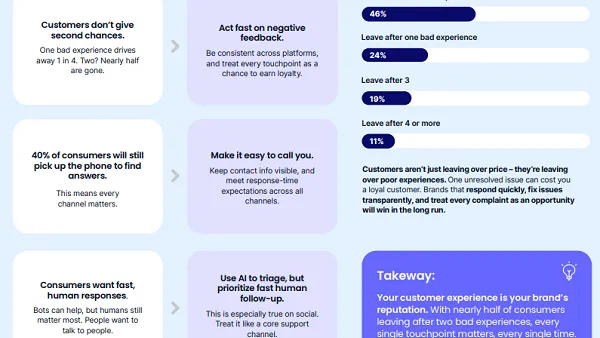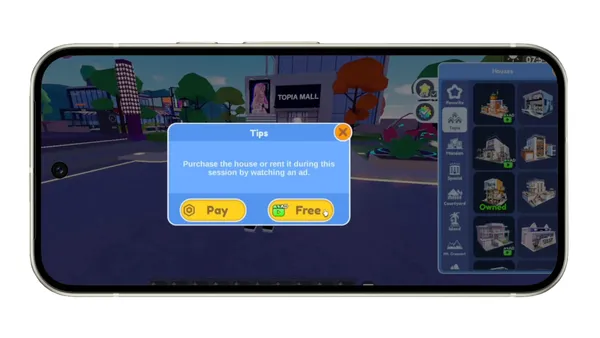Brief:
-
Google is taking steps to make its voice-enabled Google Assistant more useful with new features such as the ability to deep link an Action to a specific intent in the developer's Android app, according to a company blog post.
-
The deep linking, which will roll out over the coming weeks, makes it easier for consumers to find what they are looking for via a developer's Action in Google Assistant and then move to a corresponding app on their phone to complete their user journey. With SpotHero, for example, users can purchase a parking reservation with Google Assistant and then move to the app to see more details about the reservation or redeem their spot.
-
Google also introduced askForPlace, a conversation helper that lets software developers create Actions for Assistant that can look up information about geographic locations using the Google Places API. A ride-hailing service like Uber, for example, can respond to voice commands to book a ride and Google will handle all the back-end processing to determine the location of the pickup and destination without the user having to leave the conversation with the Uber Action.
Insight:
Handling more complex tasks and deeper interactions with voice interfaces will be a major step in improving the usefulness of all voice-enabled platforms. Google's news points to how it is beefing up Assistant's capabilities on smartphones as well as for Google Home smart speakers. Google says that Assistant will reach 95% of all eligible Android phones worldwide by the end of the year, giving developers a large mass market to reach with Actions, which are mini voice-enabled interfaces the let users engage with developers. In addition, Google Assistant is available in 16 languages, including seven added this week: Hindi, Thai, Indonesian, Danish, Norwegian, Swedish and Dutch.
In general, as voice assistants gain wider adoption, the enabling platforms are looking for ways to create more robust and seamless experiences so that consumers can initiate a variety of engagements with a simple voice command and then complete a transaction in the channel that's most convenient. Amazon's Alexa has the lead in digital assistants so far, but one of Google's advantages is the fact that it can integrate voice with a number of its other leading platforms, like Android and Maps, areas where Amazon is not as strong. Google is also trying to catch up to Apple's Siri when it comes to language capabilities for voice assistants.
With Apple's introduction of the HomePod smart speaker this year to compete with Amazon Echo and Google Home, Apple is touting SiriKit for developers to create voice-enabled interfaces for its platform.














